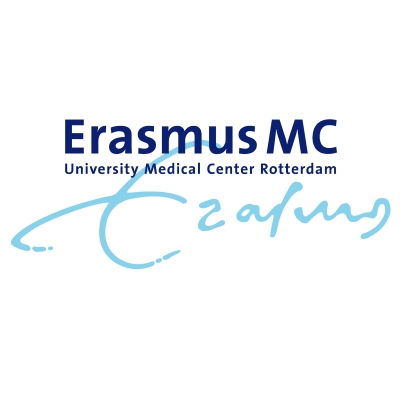Improving diagnosis and treatment for patients with peripheral nerve inflammation
In the newly established public-private partnership, the university medical center Erasmus MC in Rotterdam will collaborate with BÜHLMANN Laboratories, a Swiss company specialised in in-vitro diagnostics. Together they will develop new diagnostic assays to detect novel autoantibodies in sera from patients with acute and chronic immune-mediated neuropathies.
Immune-mediated neuropathies are a heterogeneous group of diseases and in some cases may be difficult to diagnose. Especially in chronic forms of disease, misdiagnosis has been reported for up to 50% of affected patients. The diagnostic work-up involves identification of auto-antibodies but current assays are suboptimal delaying start ofappropriate treatment. Generally, patients with the novel autoantibodies respond poorly to standard treatment, yet recovery can be spectacular when treated more aggressively with alternative treatments. Proper allocation of treatmentwill also help to reduce healthcare costs as standard treatment for chronic neuropathy in the first 6 months after diagnosis is 10 times more expensive than alternative treatment.
The multidisciplinary team will develop a robust, plate-based quantitative assay for the detection of novel auto-antibodies. They will validate the assays in a routine diagnostic setting and screen (inter-)national cohorts of patients with acute and chronic immune-mediated neuropathies (n>1000). Technology for detection of cells producing these antibodies will be used for the generation of recombinant antibodies allowing assay standardisation. Additionally the effect of immunomodulatory treatment on these cells will be investigated. Results will be related to clinical course and outcome.
With novel assays the team expects to improve stratification of patients with immune-mediated neuropathies at an earlier stage. The cellular assays will be useful for disease monitoring and to guide treatment choices. The project will lead to standardisation, higher quality and shorter turn-around times of diagnostic tests for novel auto-antibodies, promoting more adequate and timely treatment and improving the quality of life of patients with immune-mediated neuropathies. The call for public-private-partnership projects in the field of (neuro-)muscular diseases was initiated by the Prinses Beatrix Spierfonds.


